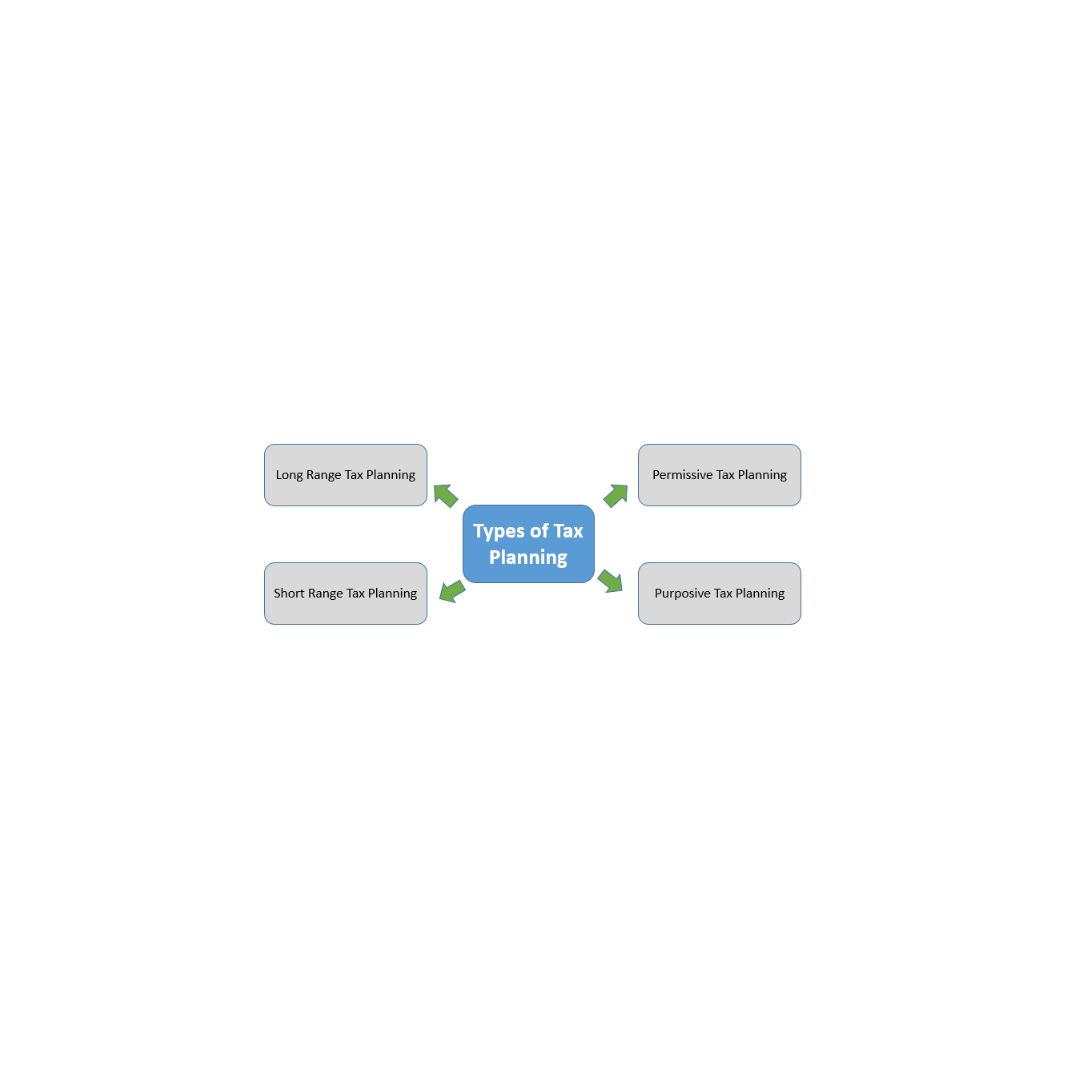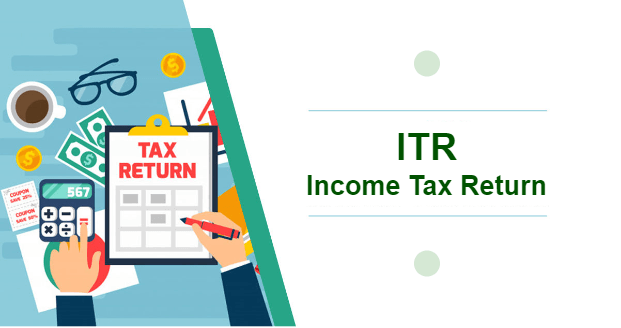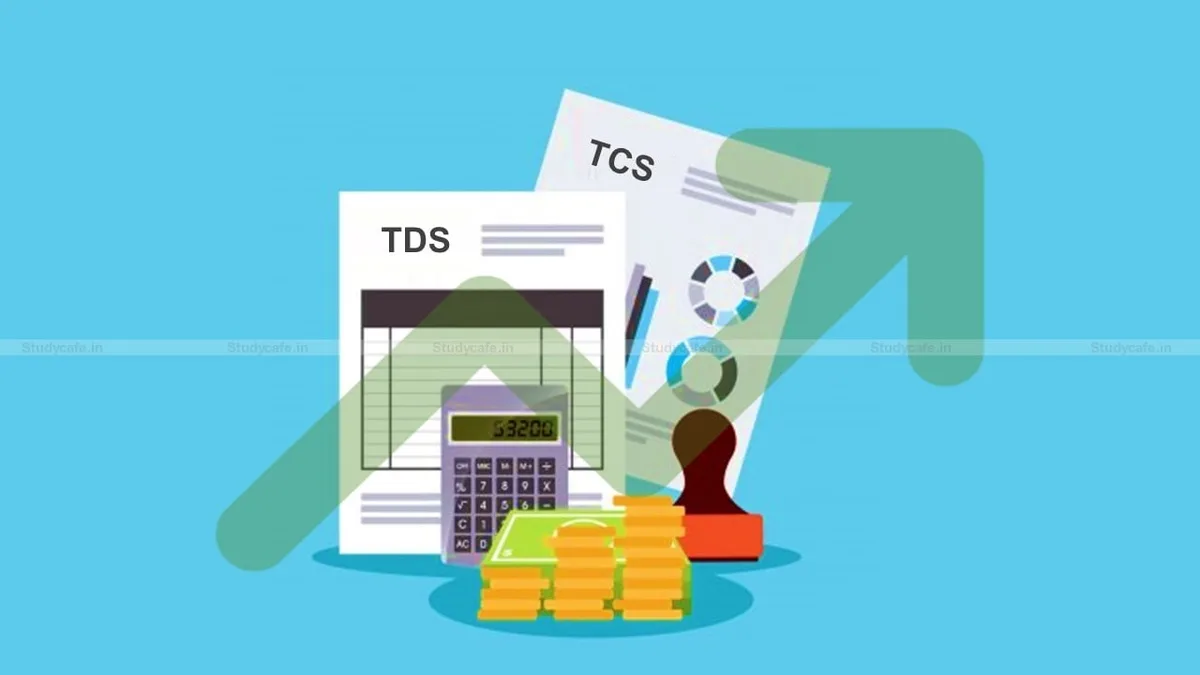Tax planning for salaried employees?
Tax Planning for Salaried Employees Tax planning for salaried employees involves utilizing various strategies to optimize your tax situation and reduce your tax liability. Here are some key considerations: 1. Understand Tax Deductions: Familiarize yourself with the deductions available to salaried employees. This includes deductions for expenses such as house rent allowance (HRA), standard… Read More »










